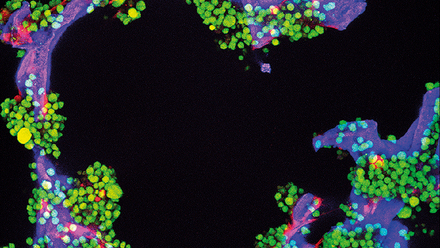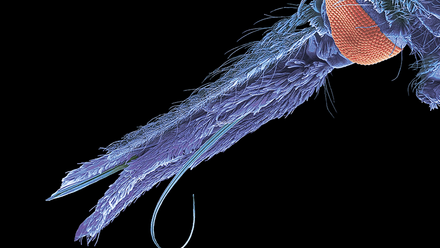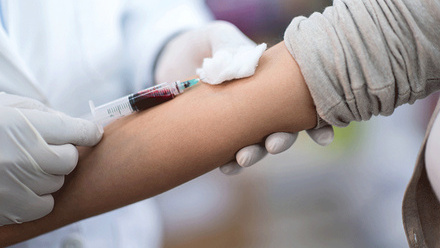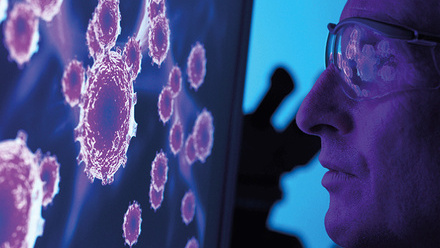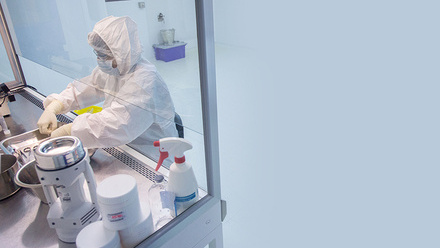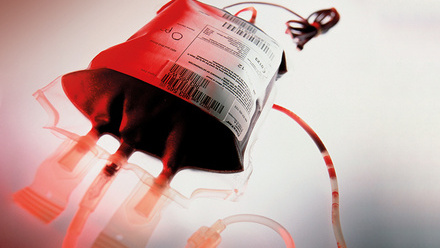My Lab: Comprehensive Cancer Centre
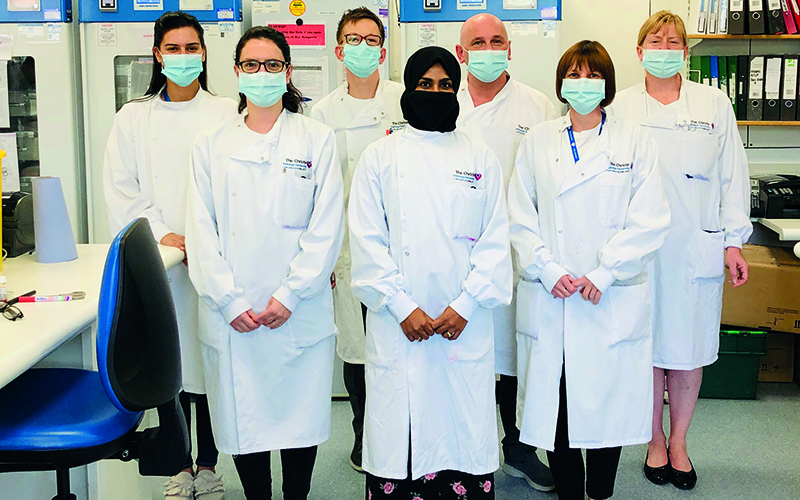
The Christie Pathology Partnership (CPP) is a joint venture between SYNLAB and The Christie NHS Foundation Trust in Manchester. Treating more than 44,000 patients a year, The Christie is the largest single-site cancer centre in Europe, serving a population of 3.2 million people across Greater Manchester and Cheshire.
The Christie became the first NHS organisation in the UK to deliver high-energy proton beam therapy. The range of services provided by the CPP includes blood sciences (consisting of biochemistry, haematology, blood transfusion and stem cell processing), histopathology, oncology cytogenetics, breast tumour receptor testing and bereavement and mortuary services.
All of the services provided by the CPP are accredited by UKAS to the ISO15189 standard, delivering high-quality diagnostic services, both regionally and nationally.
The blood sciences laboratory at the CCP runs a 24-hour service for biochemistry, haematology and blood transfusion. Our team consists of medical laboratory assistants, assistant practitioners, biomedical scientists and clinical scientists, processing approximately 1,010,700 samples a year. The majority of the tests performed in blood sciences are processed using a range of automated analysers. However, we also perform manual tests, such as crossmatching red cell donor units against patient samples for the safe provision of compatible ABO and Rh group blood transfusions.
Some of the specialist testing in our laboratory includes tumour markers, such as chromogranin A, a general neuroendocrine tumour marker offered to The Christie owing to its recognition as a Centre of Excellence recognised by the European Neuroendocrine Tumour Society (ENETS).
Our laboratory also offers serum free light chains testing for the monitoring of multiple myeloma and light chain diseases. We provide a repertoire of dynamic function tests for our internationally recognised endocrine unit at The Christie.
During the current global pandemic and recent public health emergency, we have introduced rapid testing for COVID-19 in the laboratory. With a turnaround time of 20 minutes to support patient management decisions and patient flow, particularly for non-elective admissions, this has been a huge achievement.
In order to provide a high-quality service, we have training programmes and annual competency assessments in place to ensure that all our staff members are highly trained and competent in their roles. Our quality management system incorporates the processing of internal quality control as well as participation in external quality assurance schemes. The completion of internal audits affords us opportunities to ensure procedures are being performed correctly or to highlight any non-conformances and gaps in our processes. This is very useful when it comes to making continuous quality improvements in the services we provide.
To facilitate the development and progression of our staff, we encourage our trainees in completing their registration and specialist portfolios to achieve their Certificate of Competence and Specialist Diplomas, as well as Certificate of Achievement and Master’s degrees. We also work with the local university to support third-year biomedical science students to complete a 12-month placement to complete their training in order to obtain HCPC registration.

